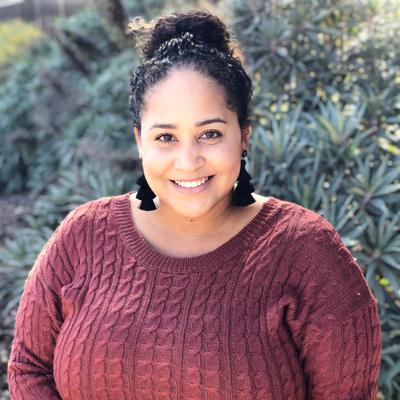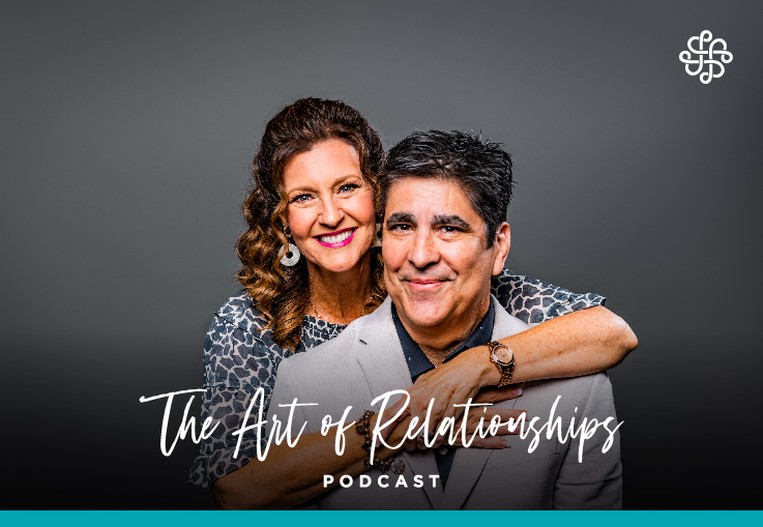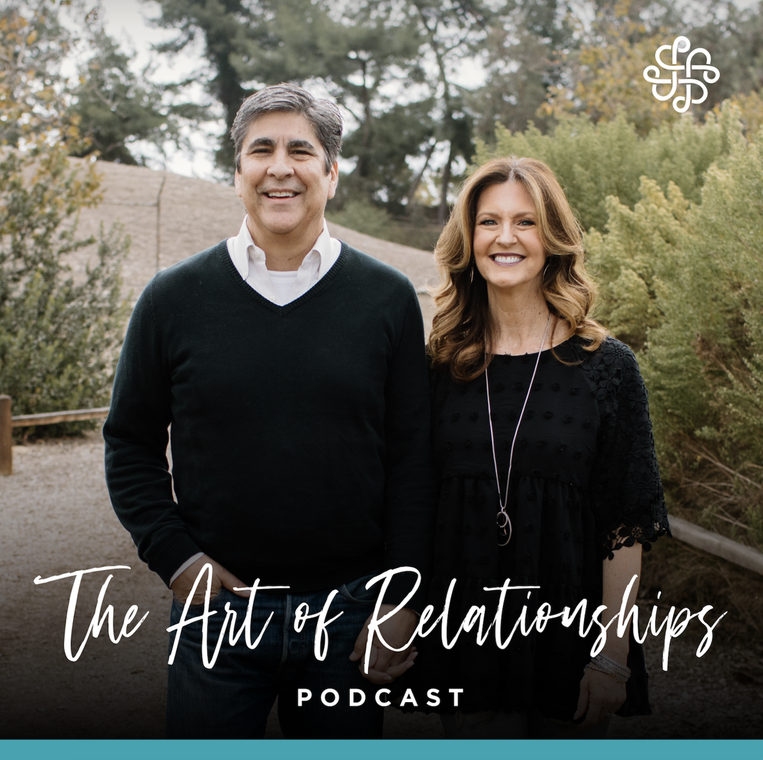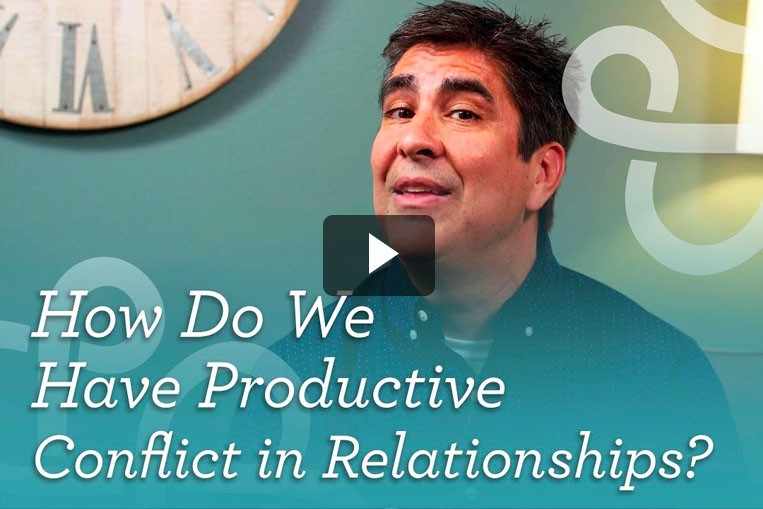Through Rose-Colored Glasses: Developing Healthy Views Of Yourself
Jennifer Jones - December 18, 2018
Topic: Communication, Relationships

I literally have rose-tinted glasses, ya’ll.
They’re retro-looking, and when I put them on, everything appears rosy, and I kind of love it. I recently wore them while dropping my kids off in the morning. I realized after they’d been on for a while, I forgot what the real world looked like without the tint. Hmmm…Total God-moment. The family system we are raised in, our culture, our appearance, our opportunities or lack thereof, all of our experiences, for better or worse, significantly filter how we show up in the world. Let’s explore this idea of filters.
"The family system we are raised in, our culture, our appearance, our opportunities or lack thereof, all of our experiences, for better or worse, significantly filter how we show up in the world."
Where Do Filters Originate?
In psychology, there are various attachment theories focused on the early years of a parent-child relationship. Some say it includes conception to age 3-5 years. By that time, a child’s brain is 80-90% of its adult size. Toxic stress and significant traumas can alter or stunt brain structure. Simply put, our first relationships and experiences impact how we connect throughout life, organically and socio-emotionally. Those early experiences create a variety of filters that essentially generate patterns of inner dialogue that either:
1. Compel us to connect: “People show up when I need them. I feel safe and worthy of love. Good things happen for me. I have enough,” or
2. Caution us from connection: “People always let me down, so I must not be worthy of love. Bad things happen to me. I never have enough.” This inner dialogue runs the gamut, and as such, so do filters.
How Do I Identify My Filters?
Our first relationships intimately and profoundly inform our filters. We can gather much about our filters by evaluating those relationships. Filters birthed in trauma (i.e. medical, abuse, loss, etc.) can be easier to identify if there is a traumatic event(s). Choices we make as we grow older (i.e. alcohol and substance use, pornography use, what we watch and listen to in general, the crowd we hang with, etc.) can also produce filters. Do you feel stuck? Are there tapes replaying in your mind about where you come from, who you are, what you’ve done, and who you’re meant to be, that are not healthy? You are the common denominator in all your relationships. I’m willing to bet it’s because of a filter(s) you’re operating behind and/or through that needs to be examined for repair.
My Filters Are All Kinds Of Flawed. What Now?
Once we identify the filters and become aware of their ability to distort and obstruct our view, we can work toward change. An initial step may be to write a list of the three main filters you view life through. Name them. Under each, list the pros and cons of each filter so you can pinpoint which parts are no longer serving you well. Follow-up with reading and meditating on Scriptures. Pray. Strengthen your support circle through leisure and structured group activities. Go to therapy. Assign a safe person as your accountability partner to hold you to this important work. Next time you react strongly to someone or a situation, do a self check-in and remind yourself of the work you’ve been doing.
Can Flawed Filters Become Functional?
Yes! That’s where resilience comes in. Resilience is much like a muscle. It can be strengthened with use and intentional actions to build it. Filters marked by trauma and other adversities can be shifted for good—for your growth and God’s glory. Work to forgive those who have harmed you while they were operating in their own flawed filters; in marriage, this is huge. Be honest and take responsibility for your part in creating and/or keeping unhealthy filters alive. Train your brain by filling it up with God’s Word, who He says you are, His promises, and the how-to(s) of life. Be flexible; filters can make us rigid. Know who triggers you; on one hand, enforce clearer boundaries with toxic people, while on the other, lean in to repairing the filters triggered by innocent bystanders (i.e. your kids in your parenting journey). Find a therapist and commit to doing the head and heart work. Share your story in your circle, in small groups, or with the world—whatever you’re called to do. At the end of the day, making meaning of flawed filters renders them functional.
Ever met someone who is “always positive” and wonder how? Some may say they see the world through rose-tinted glasses. Well, maybe they do. And maybe it’s a good thing!

Jennifer Jones
Jennifer Jones is a Licensed Marriage and Family Therapist. Born and raised in Southern California, she received her Sociology and Black Studies degrees from the University of California Santa Barbara and her Master’s Degree in Clinical Psychology from Antioch University, Santa Barbara. Jennifer is a busy and blessed wife to Marquel Jones and mother to three young children. Her family attends and serves at Inglewood Southside Christian Church. One of Jennifer’s passions is encouraging people, through her writing, to shush their shame; she is currently developing the God-breathed vision for SHHH: Silent Hearts Heal Here. Jennifer is passionate about mental health. In her day job, she supervises a team serving children and teenagers with high acuity symptoms and behaviors. She has served as a therapist during the Biola CMR Marriage Conference for the past few years, as well.

 Gottman's Best Relationship Advice, Pt. 2
Gottman's Best Relationship Advice, Pt. 2
 Rituals That Matter: How Small Actions Foster Big Relationship Wins
Rituals That Matter: How Small Actions Foster Big Relationship Wins
 How Do We Have Productive Conflict In Relationships?
How Do We Have Productive Conflict In Relationships?